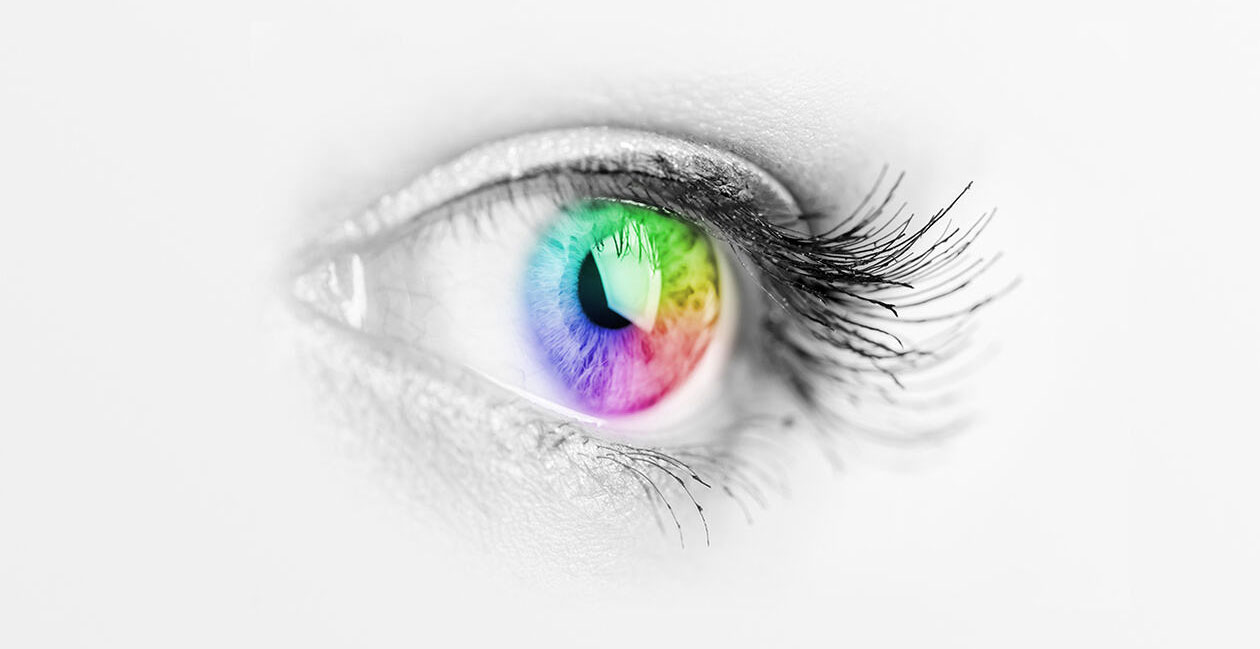
Retinopathy of prematurity (ROP) is an eye disease that develops in premature (early born) babies. This condition typically occurs in babies born before 28 weeks of gestation and weighing less than 1,500 grams. ROP involves abnormal growth or underdevelopment of the blood vessels in the retina.
Here are some basic things you should know about retinopathy of prematurity:
ROP is a common condition in premature babies, but with early diagnosis and proper treatment, it can usually be managed effectively. Therefore, the eye health of premature babies should be regularly monitored and treatment initiated if necessary.